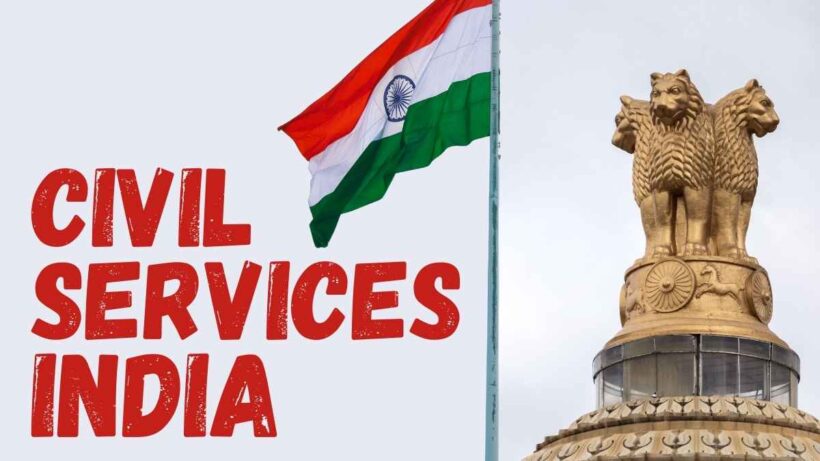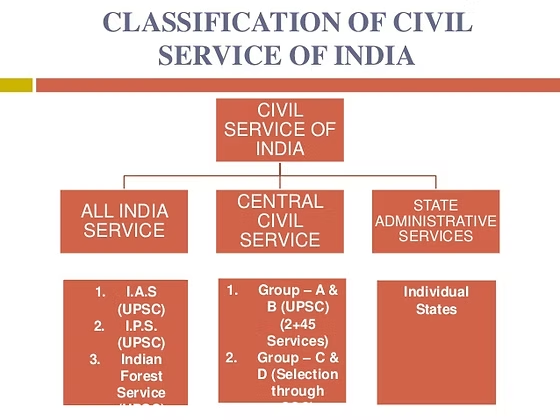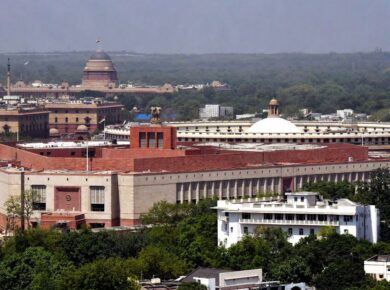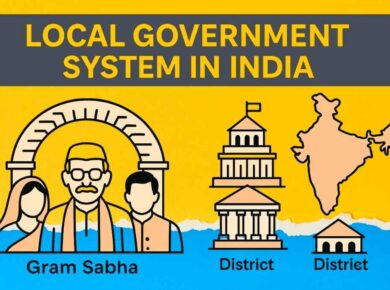Civil Services in India
The Civil Services of India runs the entire administration of the country. The elected ministers of India lay down the policies required to properly run the administrative machinery, which is then carried out by the civil servants in various central government agencies.
- Central services by central government > UPSC
- State services by state Government > State PSC
- Common services to Union & States > All India Services.
All India Services
- Serve centre as well as states; recruited by ministry of personnel in consultation with UPSC
- Are under direct control of ministry for ex. IAS, IPS, IFS
- If Rajya sabha passes a resolution supported by not less than 2/3rd of members present & voting, then Parliament may by law provide for creation of one or more all India services (Including All India Judicial services > 42nd amendment)
All 3 Services
- Member of AISs or Central services hold office during the pleasure of President & in case of state services, of governor
- President / Governor may provide for compensation if >
- Post is abolished before expiration of contractual period
- He is required to vacate the post for reasons not connected with misconduct on his part
Safeguard of Civil Servants
- No person holding a civil post under Union or states shall be dismissed or removed by an authority subordinate to appointing authority
- No such person is reduced, dismissed or removed in rank except after an enquiry in which he has been informed of the charges against him & given a reasonable opportunity of being heard wrt those charges
Also read: Local Government System in India
Union Public service commission
- Chairman (appointed by President)
- Members (Decided by President > Not Fixed)
- 1/2 of the members of commission should be such persons, who have held the office for atleast 10 years, either under GOI or state government
Duration > 6 years / 65 years
Removal > by President on following terms
- Guilty of misbehaviour or holds office of profit
- Adjudged insolvent
- Engages in paid employment outside duties of his office
State or Joint Public service commission
State PSC > Chairman + Members > appointed by Governor.
Joint PSC > Chairman + Members > appointed by President.
Joint PSC > 2 or more states agree to have joint PSC, provided a resolution to the effect, passed by legislature of these states in parliament.
Duration > 6 years or 62 years of age
Points of Prominence
- UPSC, if requested by governor, may with approval of President agree to act for a state
- Half of the members of every PSC are the officials, who have held the government office (union or state) for atleast 10 years
- All PSCs are only advisory in nature
- Chairman & members of Joint & state PSC can be removed from the office by only the orders of the President
- Governor only has power to pass an interim order of suspension, pending the final order of President on report of SC
If you’re passionate about building a successful blogging website, check out this helpful guide at Coding Tag – How to Start a Successful Blog. It offers practical steps and expert tips to kickstart your blogging journey!
For dedicated UPSC exam preparation, we highly recommend visiting www.iasmania.com. It offers well-structured resources, current affairs, and subject-wise notes tailored specifically for aspirants. Start your journey today!







